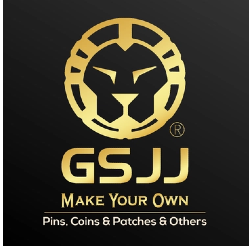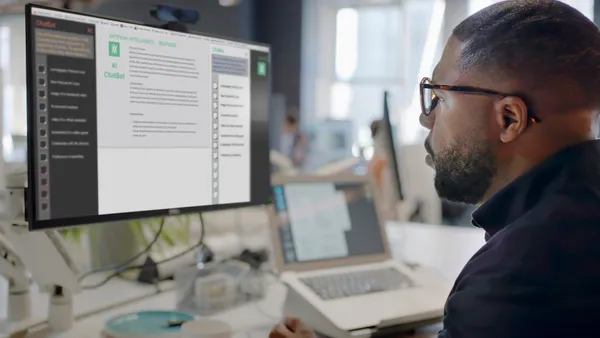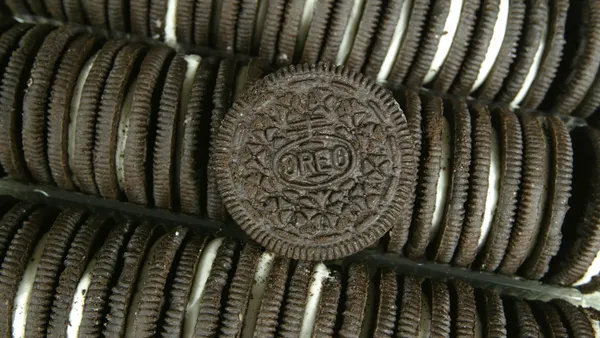Omnicom expects it will complete its $13 billion-plus acquisition of rival Interpublic Group in late November after submitting filings for approval from the European Union earlier this week. The ad-holding group, which is on track to become the world’s largest if the deal closes, saw organic revenue increase 2.6% year over year in Q3 with revenue totaling $4 billion for the quarter, according to an earnings statement.
In response to an analyst question on where the biggest synergies lie with IPG, Omnicom CEO John Wren highlighted three key areas: Omnicom’s media business, its healthcare portfolio and its precision marketing arm. In addition, IPG will shore up Omnicom’s bets in the increasingly vital race to master artificial intelligence (AI) in marketing. Post-acquisition, Omicom is preparing to launch an advanced marketing operating system called Omni Plus that will be supported by IPG assets like the data-marketing powerhouse Acxiom.
Omnicom’s media and advertising segment could grow between 50% and 60% with the addition of IPG, Wren said, further bolstering an already strong performer at the company. Media and advertising led Omnicom's growth in Q3 with revenue up 9% YoY, a sign that brands are maintaining some marketing activity despite headwinds stemming from tariffs. However, creative agencies are seeing lower levels of project work due to macroeconomic uncertainty.
“[F]undamentally, the proof is in the pudding and the budgets haven’t really been slashed or cut,” said Wren on the call, echoing comments that have been shared by other agency executives in response to whether tariffs are denting client spending.
“I wouldn’t say everybody is in a euphoric mood, but everybody has dealt with most of the challenges that have been thrown at them this year and people are seeing themselves through to the other side,” Wren added later.
Omnicom’s Q3 performance elsewhere was patchy. Healthcare revenues declined 2% on an organic basis while branding and retail commerce continued a double-digit slide, down 17% for the period with rebranding projects, brand launches and in-store retail commerce programs hampered by deteriorating market conditions. Precision marketing eked out growth under 1% in Q3, with Wren acknowledging that the unit’s consulting team has hit bumps in the road but sees “daylight” ahead.
On the AI front, Omnicom’s agentic framework is now the fastest-growing platform in Omnicom history, according to Wren. The group will host a formal launch for the offering at the Consumer Electronics Show in January. Omnicom recently won a large automotive account with a pitch that relied heavily on the agentic framework, executives said.
Omnicom first announced plans to acquire IPG late last year, and the path to clearing the deal has not been without its twists and turns. Omnicom and IPG in September agreed to a finalized consent order from the Federal Trade Commission that bars them from directing ad spend away from publishers or platforms based on political or ideological views, an unusual requirement that could challenge some established brand safety practices.
The process of bringing together two massive companies has also incurred steep costs: Omnicom’s selling, general and administrative expenses tied to the IPG deal were $61 million in Q3 and total acquisition payments came out to $88 million for the period ended Sept. 30.














